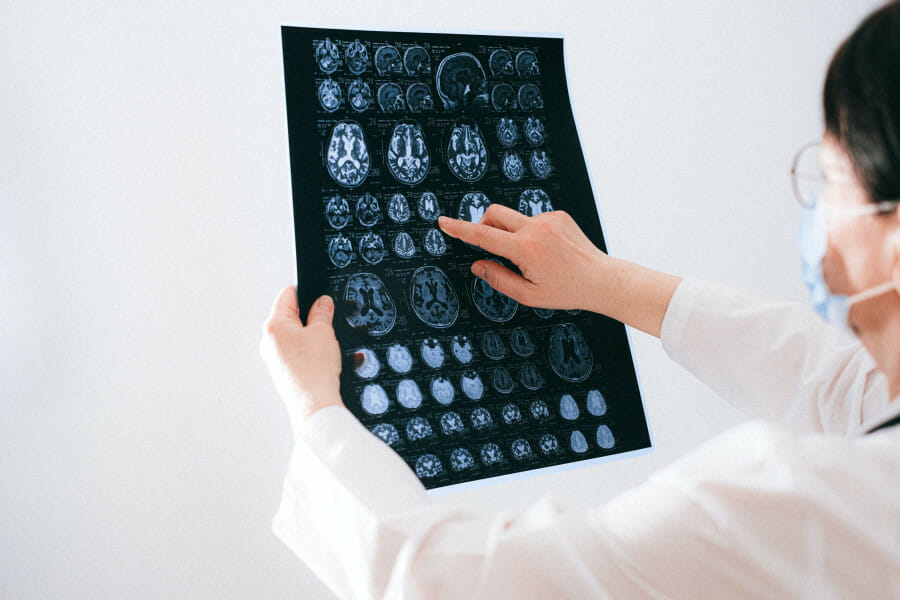The Way My Brain Functions – Menopause And Memory
The brain is a fascinating organ that controls everything from physical actions like movement, balance, and breathing to mental processes such as speech, memory, and decision-making. It plays a crucial role in shaping our personality and defining who we are as individuals.

Image by VSRao via Pixabay
Our brain evolves and changes as we journey through life, just like our bodies do. We all strive to maximize our potential and live fulfilling lives. Dr. Barbara Koltuska-Haskin, a practicing neuropsychologist and author of the book How My Brain Works: A Guide to Understanding It Better and Keeping It Healthy, sheds light on the neuropsychological evaluation processes she employs with her clients and provides tips for maintaining optimal brain health.
Dr. Barbara shares insights from her chapter on menopause and memory, addressing the cognitive challenges women face during this phase.
Chapter 16 – Menopause and Memory
Menopausal women often experience memory and cognitive issues, particularly in the year following their final menstrual period. Hormonal fluctuations and declining estrogen levels impact brain function, specifically areas rich in estrogen receptors like the hippocampus and prefrontal cortex. Symptoms may include “fuzzy thinking,” organizational difficulties, mood swings, and attention problems. While these are not indicative of dementia, some women over sixty may develop dementia, with the risk increasing with age. Dr. Northrup emphasizes that statistical data on dementia cannot predict an individual’s risk of memory problems.
“I may have the beginning of dementia.”
Janet, a fifty-three-year-old nurse, feared she was experiencing early signs of dementia due to forgetfulness and work-related errors. After assessment, it was found that her memory was normal for her age group, alleviating her worries. Menopausal women may encounter cognitive challenges that often improve over time.
Janet’s story isn’t that uncommon.
Women in their middle years sometimes grapple with memory concerns, fearing dementia and its impact on their lives. Seeking a neuropsychological evaluation can provide clarity on memory issues and guide interventions to enhance overall functioning.
Please remember this:
Recovering brain function is possible even after significant neurological events. Working with healthcare professionals and undergoing evaluations tailored to your age group can lead to improvements in cognitive health.
Where Can I Find Out More?
To learn more about optimizing brain health and understanding cognitive changes, Dr. Barbara’s book ‘How My Brain Works: A Guide to Understanding It Better and Keeping It Healthy’ is available on Amazon in paperback or eBook format. Explore Dr. Barbara’s work further at https://www.drkoltuska.com/.
*collaborative post
Author Bio

Dr. Barbara Koltuska-Haskin is a seasoned neuropsychologist based in Albuquerque, NM, with over 30 years of clinical expertise and a background in research and teaching. She shares a passion for organic gardening and is a classically trained mezzo-soprano.
Featured Image by Anna Shvets via Pexels
















